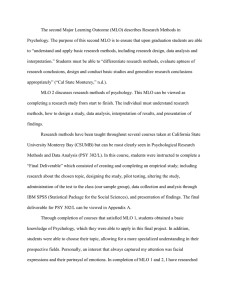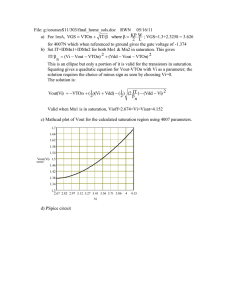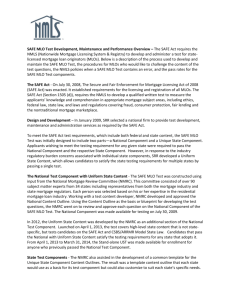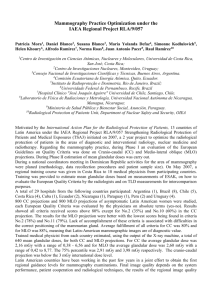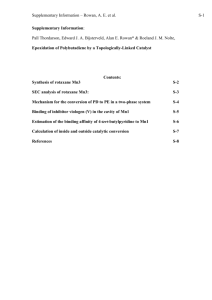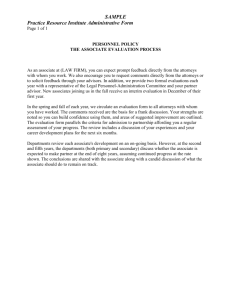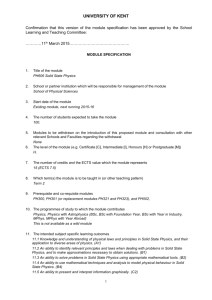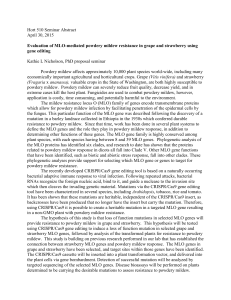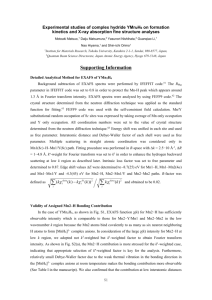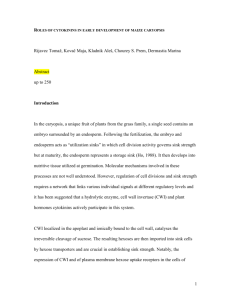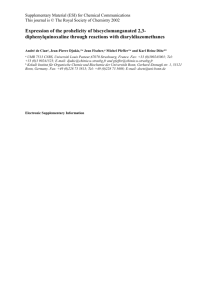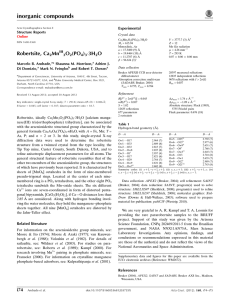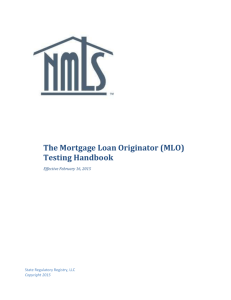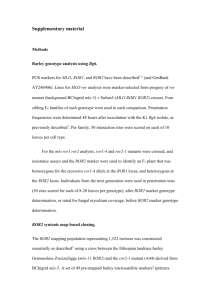University of Kent at Canterbury
advertisement
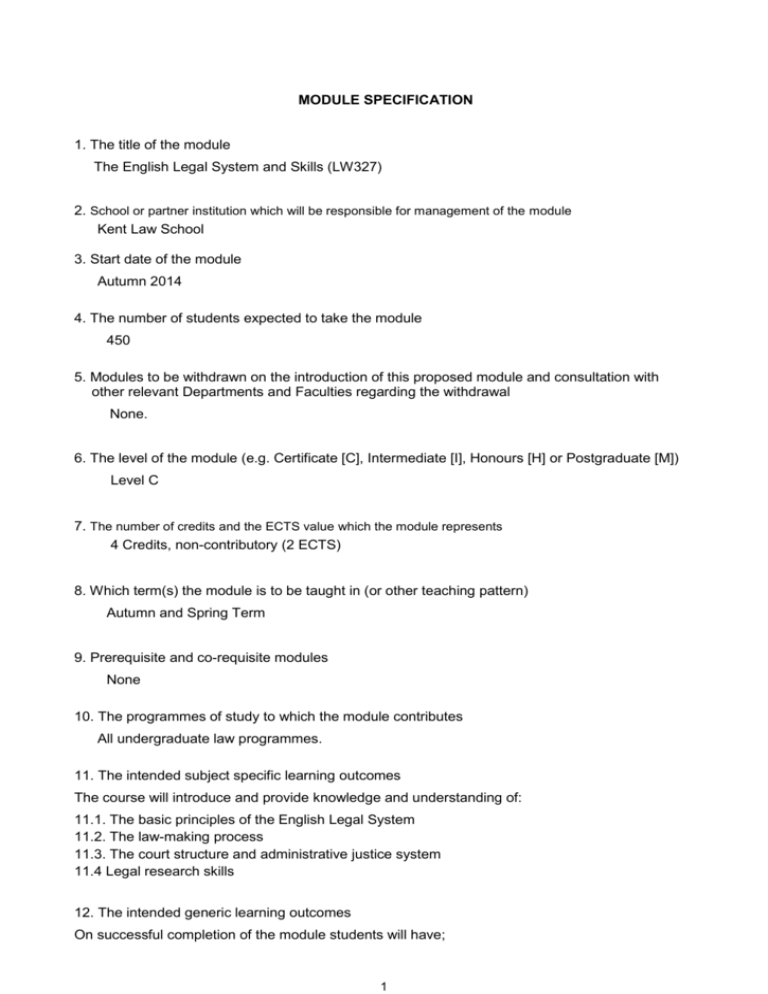
MODULE SPECIFICATION 1. The title of the module The English Legal System and Skills (LW327) 2. School or partner institution which will be responsible for management of the module Kent Law School 3. Start date of the module Autumn 2014 4. The number of students expected to take the module 450 5. Modules to be withdrawn on the introduction of this proposed module and consultation with other relevant Departments and Faculties regarding the withdrawal None. 6. The level of the module (e.g. Certificate [C], Intermediate [I], Honours [H] or Postgraduate [M]) Level C 7. The number of credits and the ECTS value which the module represents 4 Credits, non-contributory (2 ECTS) 8. Which term(s) the module is to be taught in (or other teaching pattern) Autumn and Spring Term 9. Prerequisite and co-requisite modules None 10. The programmes of study to which the module contributes All undergraduate law programmes. 11. The intended subject specific learning outcomes The course will introduce and provide knowledge and understanding of: 11.1. The basic principles of the English Legal System 11.2. The law-making process 11.3. The court structure and administrative justice system 11.4 Legal research skills 12. The intended generic learning outcomes On successful completion of the module students will have; 1 12.1. developed a working knowledge of the library and conduct research using electronic sources and paper materials 12.2. the ability to read and evaluate cases, including the ability to identify ratio decidendi and obiter dicta 12.3. a working knowledge of OSCOLA citation method and ability to provide legal citations 13. A synopsis of the curriculum Part A: English Legal System This module provides an overview of the English Legal System, including the following indicative topics: 1) An introduction to Parliament and the legislative process 2) The court structure and the doctrine of precedent 3) An introduction to case law, including how to identify and the importance of ratio decidendi and obiter dicta Part B: Introduction to Legal Skills The module also gives students an introduction to the basic legal skills that they will develop further in their other modules throughout the degree. The focus here is on specific exercises to support exploration and use of the library resources that are available, both in paper copy and electronically through the legal databases, and on understanding practices of legal citation. 14. Indicative Reading List A. Gillespie (2011) The English Legal System (4th ed) (OUP) E. Finch and S. Fafinski (2011) Legal Skills (OUP) 15. Learning and Teaching Methods, including the nature and number of contact hours and the total study hours which will be expected of students, and how these relate to achievement of the intended learning outcomes There are 10 hours of contact time delivered in the form of 8 one-hour lectures and a one-hour seminar during induction week and a one-hour group library tour/exercise, led by peer mentors. Plus 30 hours of private study. The lectures will deliver MLO 11.1-11.3, and 12.1-2. The seminar will deliver MLO 11.1-3 and 12.1-3. The library tour/exercise will deliver MLO 11.1, 12.1 and 12.3. The private study will deliver MLO 11.1-11.4 and 12.1-12.3. 2 16. Assessment methods and how these relate to testing achievement of the intended learning outcomes This module is non-contributory and assessment does not form part of the formal 120 credits that make up stage 1. The overall mark for the module will be pass/fail and students will be required to pass both elements. The summative assessments are: 1. Multiple Choice Test: 50% 2. Legal skills portfolio: 50% Assessment 1 meets MLO 11.1-11.3, and 12.2. Assessment 2 meets MLO 11.1-11.4, 12.1, and 12.3 17. Implications for learning resources, including staff, library, IT and space There are no additional resource implications; the module will make use of existing resources. 18. The School recognises and has embedded the expectations of current disability equality legislation, and supports students with a declared disability or special educational need in its teaching. Within this module we will make reasonable adjustments wherever necessary, including additional or substitute materials, teaching modes or assessment methods for students who have declared and discussed their learning support needs. Arrangements for students with declared disabilities will be made on an individual basis, in consultation with the University’s disability/dyslexia support service, and specialist support will be provided where needed. 19. Campus(es) where module will be delivered: Canterbury 3 SECTION 2: MODULE IS PART OF A PROGRAMME OF STUDY IN A UNIVERSITY DEPARTMENT Statement by the Director of Learning and Teaching: "I confirm I have been consulted on the above module proposal and have given advice on the correct procedures and required content of module proposals" ................................................................ Director of Learning and Teaching .............................................. Date ………………………………………………… Print Name Statement by the Head of Department: "I confirm that the Department has approved the introduction of the module and, where the module is proposed by Departmental staff, will be responsible for its resourcing" ................................................................. Head of Department .............................................. Date ……………………………………………………. Print Name SECTION 3: MODULE IS PART OF A PROGRAMME IN AN ASSOCIATE COLLEGE (Where the module is proposed by an Associate College) Statement by the Nominated Officer of the College: "I confirm that the College has approved the introduction of the module and will be responsible for its resourcing" ................................................................. Nominated Responsible Officer of the Associate College …………………………………………………. Print Name ………………………………………………….. Post ……………………………………………………. Associate College 4 .............................................. Date
